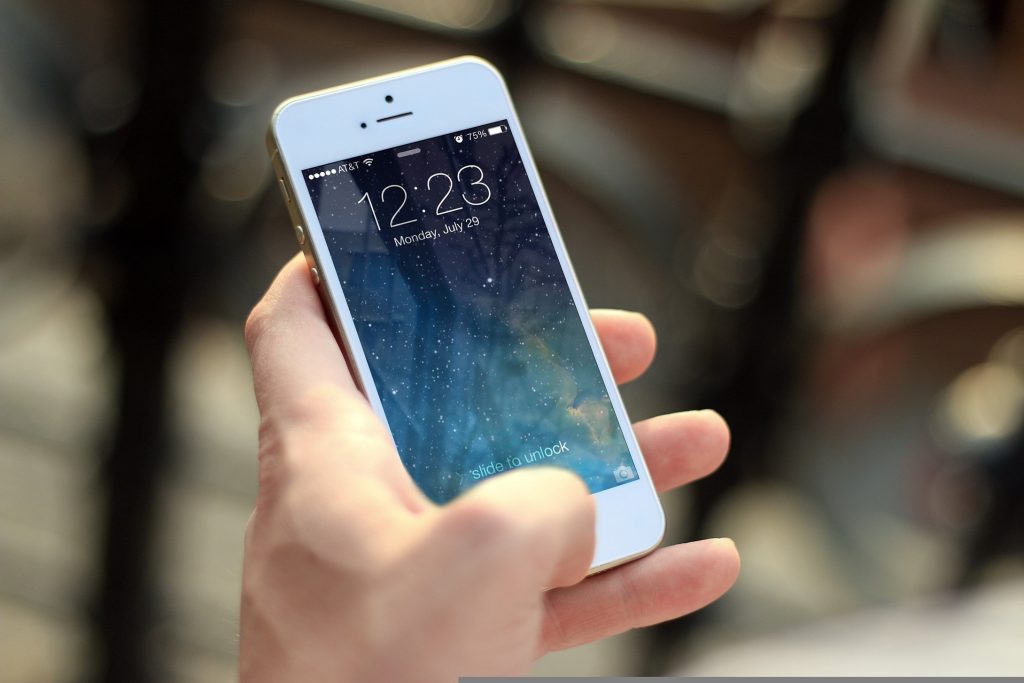Appleslams DOJ antitrust lawsuit alleging smartphone monopoly, urges dismissal

Apple said Tuesday it plans to ask a US judge to dismiss a lawsuit filed by the Justice Department and 15 states in March that alleged the iPhone maker monopolized the smartphone market, hurt smaller rivals and drove up prices.
In a letter to US District Judge Julien X. Neals, Apple said “far from being a monopolist, Apple faces fierce competition from well-established rivals, and the complaint fails to allege that Apple has the ability to charge supra-competitive prices or restrict output in the alleged smartphone markets.”
In the letter to the judge, Apple said the DOJ relies on a new “theory of antitrust liability that no court has recognized.”
The government is expected to respond within seven days to the Apple letter, which the court requires parties to submit, hoping to expedite cases before advancing to a potentially more robust and expensive effort to dismiss a lawsuit.
The Justice Department alleges that Apple uses its market power to get more money from consumers, developers, content creators, artists, publishers, small businesses and merchants. The civil lawsuit accuses Apple of an illegal monopoly on smartphones maintained by imposing contractual restrictions on, and withholding critical access from, developers.
The Justice Department, which did not immediately comment on Tuesday, said earlier that Apple charges as much as $1,599 for an iPhone and makes a larger profit than any rival.
Officials also said Apple charges various business partners — from software developers to credit card companies and even its rivals such as Alphabet’sGoogle, in ways that ultimately raise prices for consumers and drive up Apple’s profit.
Apple rejected the government’s contentions that the iPhone has kept consumers “locked in” to the devices.
“Someone unhappy with Apples limitations has every incentive to switch to competitor platforms that ostensibly do not have those limitations,” the letter said.
“Consumers should not have to pay higher prices because companies violate the antitrust laws,” Attorney General Merrick Garland said in March. “If left unchallenged, Apple will only continue to strengthen its smartphone monopoly.”

